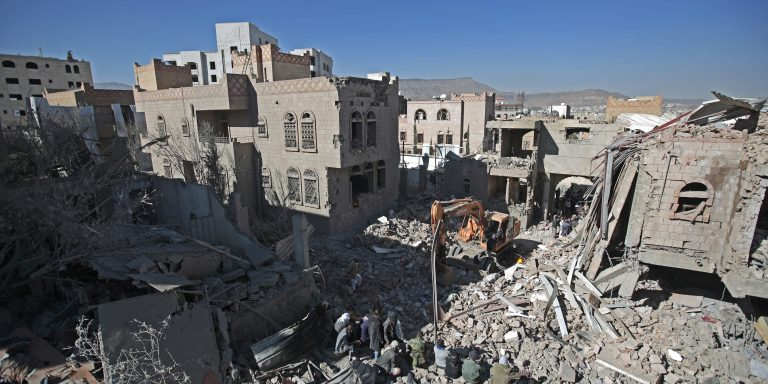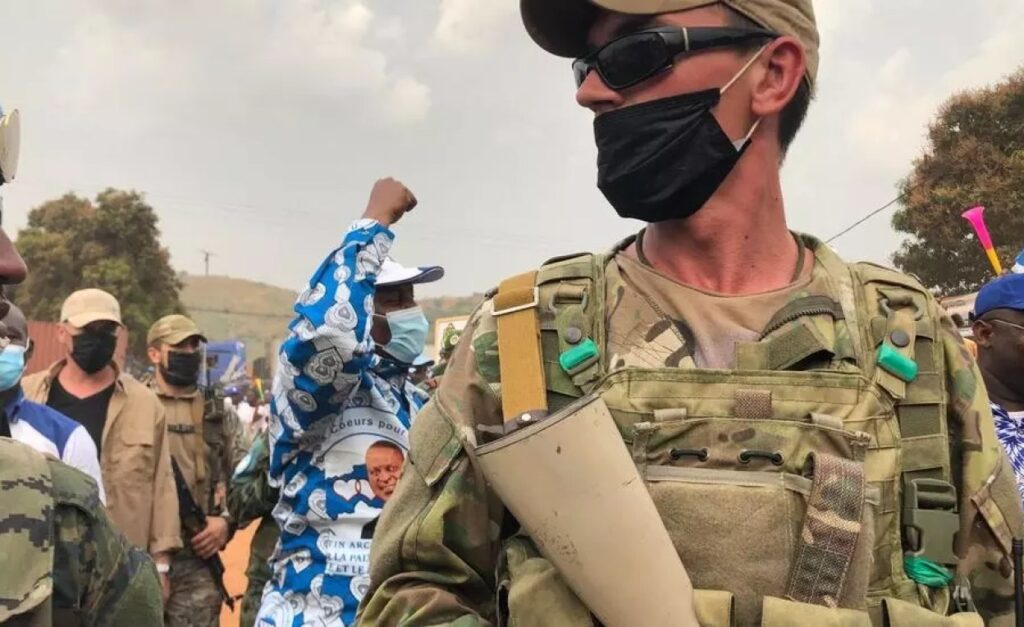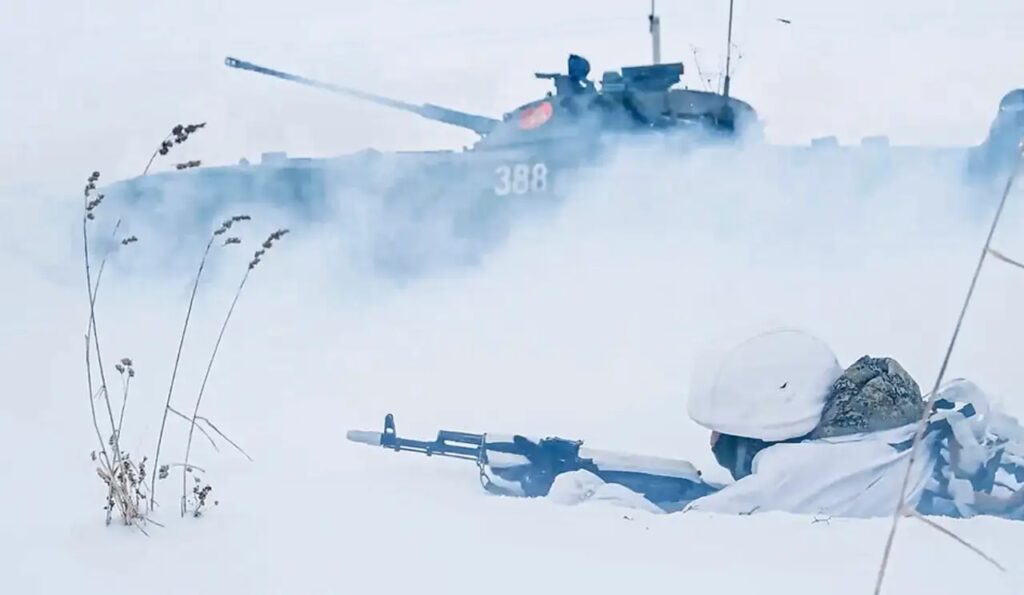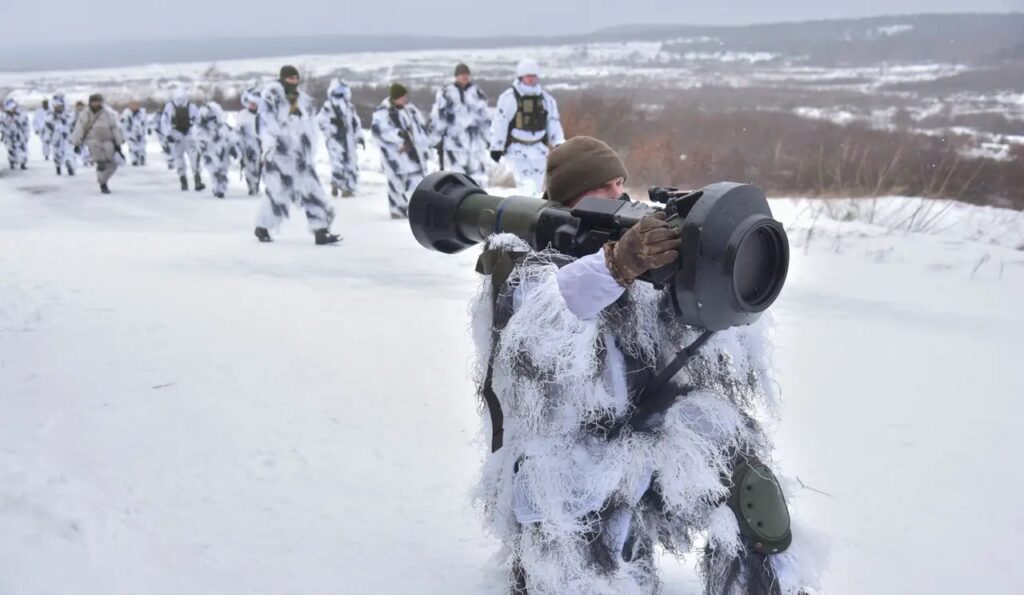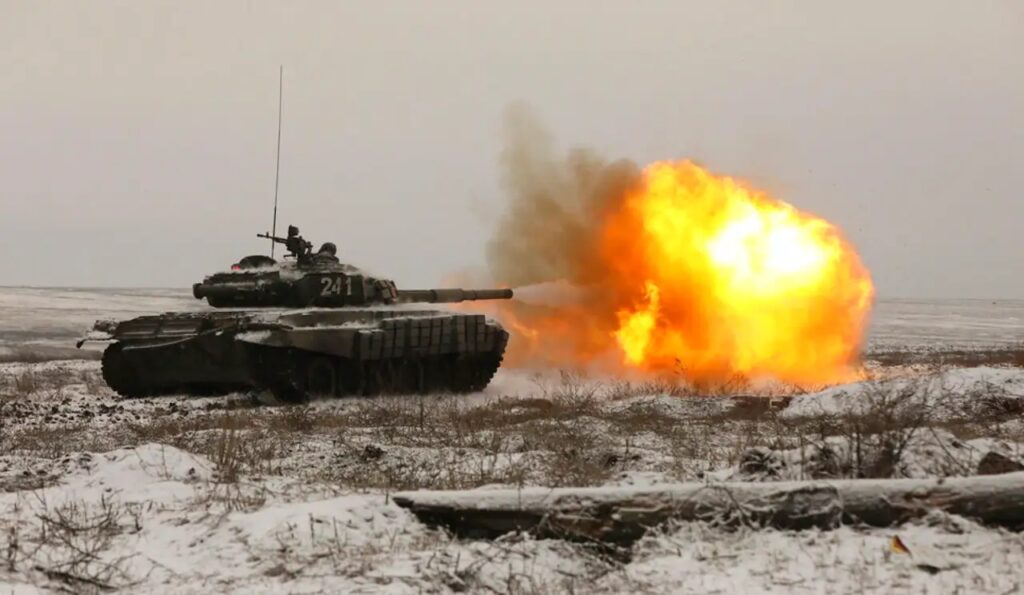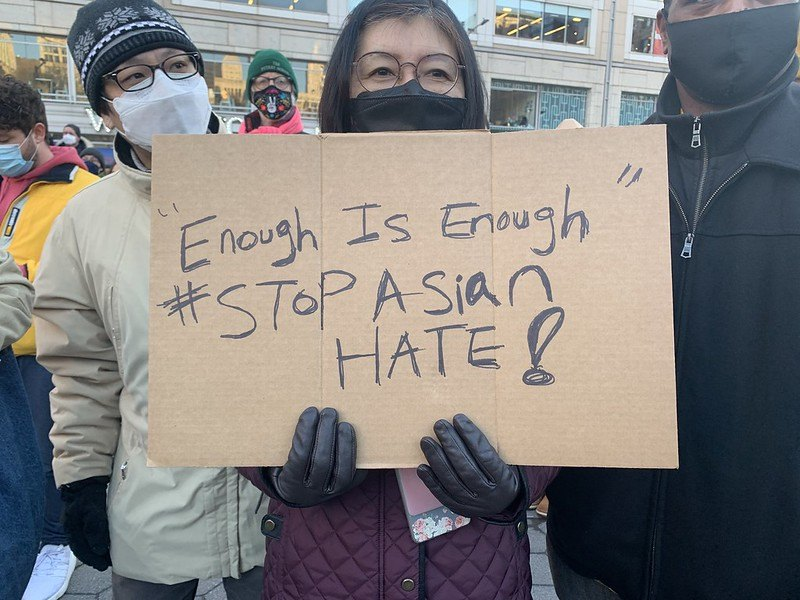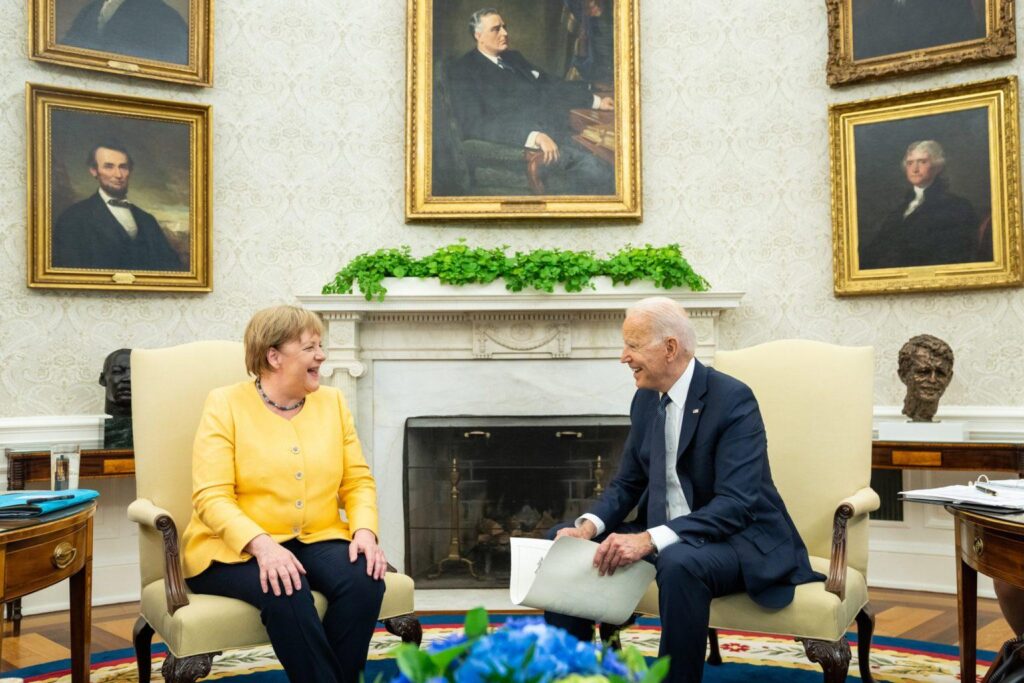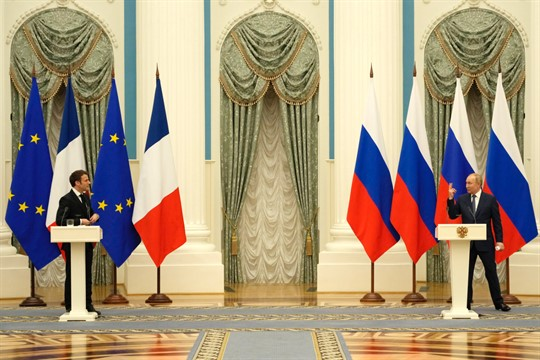U.S. and European Allies Show Resolve as Russia Keeps Ukraine on Edge
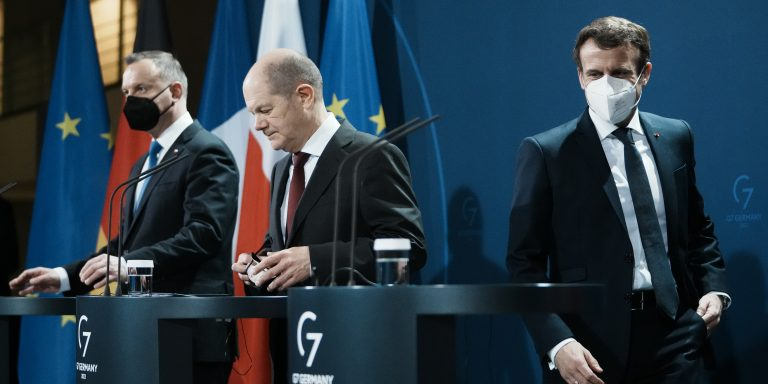
The tense standoff between Russia and Ukraine continues to drag on, with European countries ramping up diplomatic efforts this week in an attempt to head off conflict.
German Chancellor Olaf Scholz sought to demonstrate that Berlin and Washington were on the same page, attempting to assuage doubters who have been calling Germany weak for failing to take a hard line with Russia.

